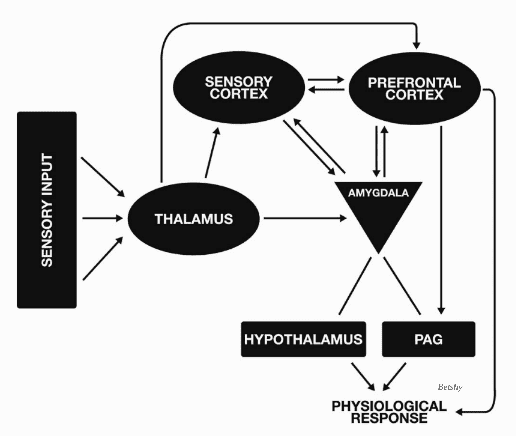Music has always been a powerful medium for expressing emotions, connecting with others, and stimulating the mind. It is a universal language that transcends cultural barriers and speaks to the humanity within us all. But have you ever wondered why some people seem to have a natural talent for music, while others struggle to carry a tune?
The concept of musical intelligence, as proposed by psychologist Howard Gardner in his theory of multiple intelligences, suggests that musical ability is a distinct form of intelligence that is separate from traditional measures of cognitive abilities. According to Gardner, individuals with high musical intelligence possess a sensitivity to pitch, rhythm, harmony, and timbre, allowing them to understand and appreciate music on a deeper level.
But what exactly sets those with high musical intelligence apart from the rest of us? One key factor is their ability to perceive and manipulate sound in a way that is beyond the scope of ordinary listeners. They can pick up on subtle nuances in a melody, recognise patterns in music, and have an innate sense of rhythm that allows them to keep time effortlessly.
Moreover, individuals with high musical intelligence often have a heightened emotional connection to music. They are able to use music as a form of self-expression, allowing them to channel their feelings and experiences through their art. This emotional depth not only enhances their musical performance but also allows them to connect with listeners on a deeper level.
But what about those who feel they lack musical intelligence? Is it possible to develop this form of intelligence, or are some people simply born with it? The good news is that musical intelligence, like any other skill, can be nurtured and cultivated over time through practice and exposure to music. By actively engaging with music, whether through playing an instrument, singing in a choir, or simply listening to a wide range of musical genres, individuals can enhance their musical abilities and gain a greater appreciation for the art form.
In conclusion, musical intelligence is a unique form of intelligence that allows individuals to perceive and appreciate music in ways that others may not. By understanding the key components of musical intelligence and actively engaging with music, individuals can develop their musical abilities and experience the transformative power of music in their lives. So, whether you consider yourself musically gifted or not, remember that music has the power to touch our hearts, soothe our souls, and bring us closer together in harmony.
You Might Also Enjoy Reading
Post does not have featured image













